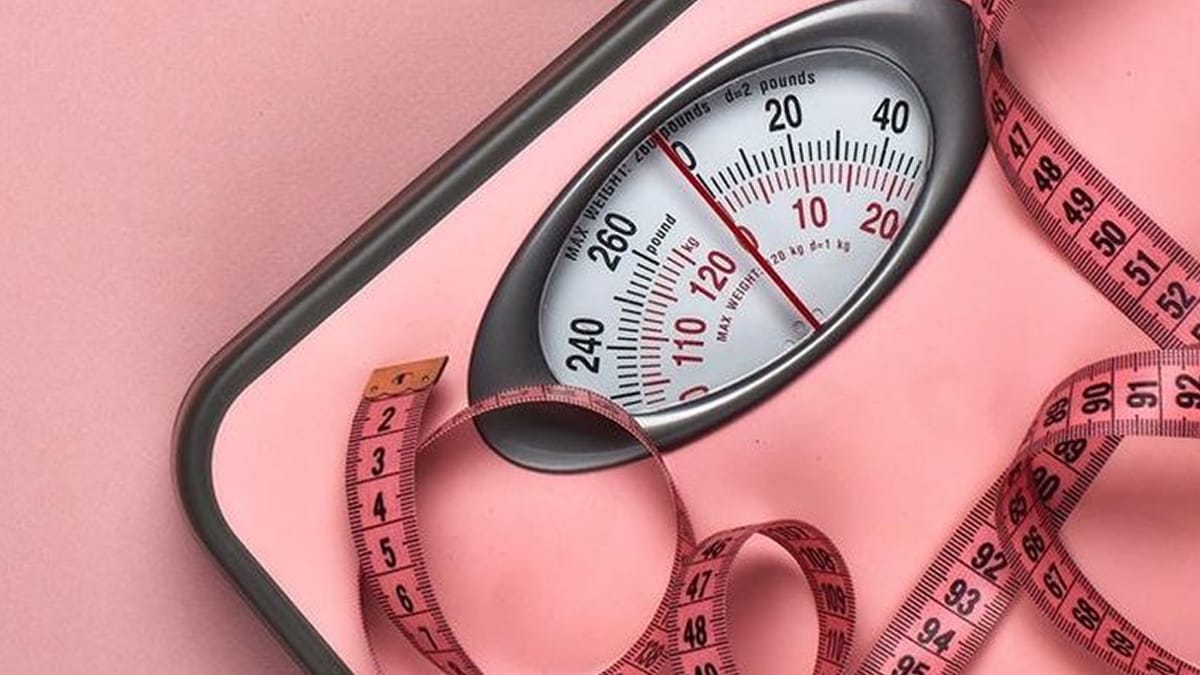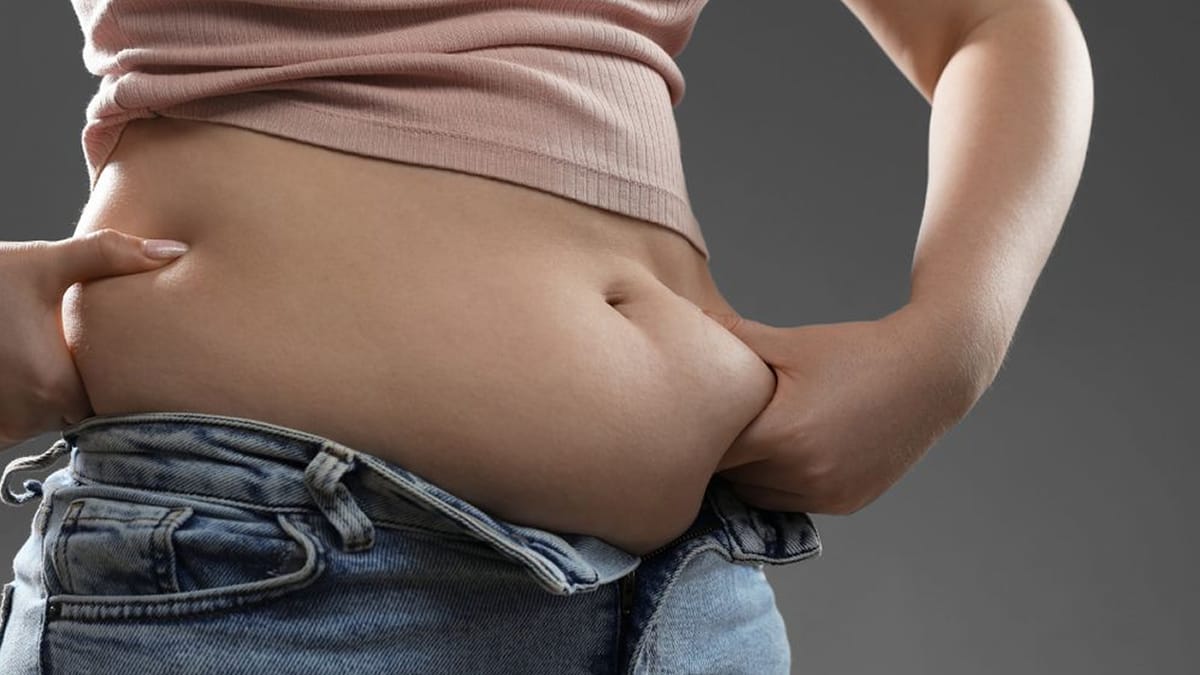Can Men and Women Lose Weight at the Same Rate?
When it comes to weight loss, one of the most common questions people ask is whether men and women can lose weight at the same rate. The short answer is no, men and women generally do not lose weight at the same pace. Biological differences, hormonal factors, muscle mass, metabolic rate, and lifestyle choices all contribute to why men often shed pounds faster than women. But that doesn’t mean women cannot achieve sustainable results. With the right approach, both genders can successfully lose weight, although the journey may look slightly different.

Can Men and Women Lose Weight at the Same Rate?
Understanding the differences between male and female weight loss can help set realistic expectations, avoid frustration, and design more effective strategies that actually work. This article explores the science, practical solutions, and real-life experiences behind gender-based weight loss differences.
Why Men Often Lose Weight Faster Than Women
One of the biggest reasons men tend to lose weight faster is muscle mass. Men naturally have more lean muscle tissue, which burns more calories at rest compared to fat tissue. According to research published in the Journal of Applied Physiology, men typically have 10–15% higher resting metabolic rates than women. This means they burn more calories throughout the day even when doing nothing.
Hormones also play a key role. Testosterone helps men build muscle more easily, while estrogen in women promotes fat storage, especially around the hips and thighs. Women’s bodies are also biologically designed to hold on to fat for fertility and pregnancy, which can slow weight loss compared to men.
Another factor is water weight. Men usually lose excess water faster in the first weeks of a diet due to their higher glycogen storage and muscle mass. Women, on the other hand, often see slower initial progress because of monthly hormonal fluctuations that affect water retention.

How Female Hormones Influence Weight Loss
Women face unique challenges when it comes to weight management. Hormonal cycles influence appetite, cravings, energy levels, and fat storage. During the luteal phase of the menstrual cycle, for example, women may crave more carbohydrates or sweets, which can impact calorie balance.
Estrogen and progesterone shifts can also affect how the body uses fuel. Studies show that women burn more fat during exercise in the follicular phase but may struggle with energy dips in the luteal phase. This explains why weight loss can feel inconsistent for many women it’s not just willpower, but biology at work.
During menopause, declining estrogen levels can slow metabolism and redistribute fat around the abdomen, making weight loss more challenging. But with strength training, proper nutrition, and lifestyle adjustments, women can still achieve remarkable results.
Psychological and Social Differences
Weight loss is not only physical it’s psychological. Men and women often approach dieting differently. Surveys show that men typically prefer straightforward diet plans, such as cutting carbs or intermittent fasting, while women often try structured programs that involve more rules, recipes, and community support.
Women also tend to be more affected by emotional eating, stress, and body image pressures, which can make weight loss more complex. On the other hand, women often excel in consistency and long-term habit building, which is crucial for maintaining weight loss.
Can Women Catch Up to Men in the Long Run?
Although men may lose weight faster at the beginning, women often catch up over time. A study published in Diabetes, Obesity and Metabolism found that after 12 months on the same structured program, weight loss results between men and women were much closer than in the initial months.
This shows that while men may see rapid changes early on, women can achieve equal or even better results in the long term if they stay consistent. The key lies in focusing less on speed and more on sustainable lifestyle habits.
Practical Solutions for Both Men and Women
Strength Training is Essential
Muscle burns calories. Men benefit naturally from higher testosterone, but women can still build lean muscle through resistance training. This not only boosts metabolism but also improves body composition.Prioritize Protein Intake
High-protein diets help preserve muscle mass during weight loss. Both men and women should aim to include lean protein in every meal—such as chicken, fish, eggs, legumes, or tofu.Balance Hormonal Fluctuations
For women, planning workouts and nutrition around the menstrual cycle can reduce frustration. For example, focusing on higher-intensity training during the follicular phase and lighter, restorative exercise during the luteal phase may help.Manage Stress and Sleep
Cortisol (the stress hormone) affects both men and women, but women are often more sensitive to its effects on appetite and fat storage. Adequate sleep and stress management techniques like meditation or yoga are vital.Set Realistic Expectations
Instead of comparing progress between genders, focus on personal goals. Men may see bigger numbers on the scale initially, but women often notice changes in body composition, strength, and overall well-being first.
Real-Life Experiences
Take the example of a couple starting a weight-loss program together. In the first month, the husband may lose 12 pounds while the wife loses only 5. At first, this can feel discouraging. But over six months, the wife builds consistent habits, sticks with her workouts, and eventually closes the gap—ending up with a 25-pound loss while her husband’s progress slows to 28 pounds.
This scenario happens frequently. The secret is patience, persistence, and designing a plan that works with one’s biology, not against it.
The Role of Nutrition Timing
Some evidence suggests that women respond differently to meal timing strategies. Intermittent fasting, for instance, may work better for men than women due to hormonal sensitivity. Women who fast too aggressively may experience irregular cycles, fatigue, or increased cravings.
Instead, women may benefit from balanced smaller meals throughout the day to keep blood sugar stable. Men, on the other hand, often tolerate fasting protocols more easily without negative side effects.
The Long-Term Perspective
Weight loss is not a sprint but a marathon. Men might enjoy early advantages, but sustainable success depends on healthy routines, not just gender biology. Women who embrace strength training, nutrient-dense diets, and cycle-aware approaches often achieve lasting results that men sometimes struggle to maintain.
Frequently Asked Questions (FAQ)
Do men always lose weight faster than women?
Generally, yes, due to higher muscle mass and metabolism. However, in the long term, women can achieve equal results with consistency.
Can women speed up their weight loss to match men?
Women can accelerate fat loss with strength training, proper protein intake, and managing hormones. While they may not match men pound-for-pound weekly, they can achieve excellent progress.
Why do women lose more slowly even on the same diet?
Hormones, body composition, and water retention play a role. Women’s bodies are biologically designed to preserve fat, which affects weight loss pace.
What’s the best workout for women to lose weight?
A mix of strength training, cardio, and flexibility exercises works best. Resistance training is especially important for boosting metabolism.
Should couples follow the same diet plan?
They can, but with adjustments. Men may need higher calorie targets, while women may need to pay more attention to portion sizes and cycle-related cravings.
What are some recommended products for supporting weight loss?
High-quality whey or plant-based protein powder
Resistance bands or adjustable dumbbells
Meal prep containers for portion control
Fitness tracker or smart scale
Omega-3 or multivitamin supplements
Tips and Warnings
Avoid extreme crash diets that promise fast results—they harm metabolism in both men and women.
Women should be cautious with overly restrictive fasting methods.
Men should not rely solely on initial fast results—long-term habits matter more.
Both genders should prioritize strength training over endless cardio.
Pay attention to mental health, as stress eating can sabotage results.
Final Thoughts
Men and women lose weight at different rates because of biology, but both can succeed.
Men may lose faster initially, but women can achieve equal results over time.
Strength training and protein intake are non-negotiable for sustainable fat loss.
Women benefit from tailoring nutrition and workouts to hormonal cycles.
Long-term success depends on lifestyle, not just quick fixes.
Couples should support each other without comparing numbers on the scale.
Patience and consistency always win over speed.
Reference & Additional Reading
Inspired by studies and insights from:
www.health.harvard.edu
www.menshealth.com
www.healthline.com
www.womenshealthmag.com
www.ncbi.nlm.nih.gov
www.webmd.com
www.medlineplus.gov
www.tridenttech.edu
www.burnexia.com

